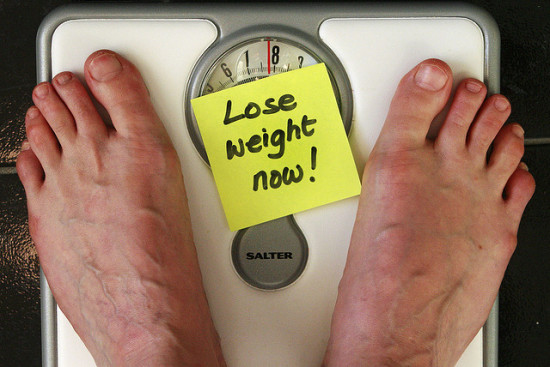
Dr. Uri Ladabaum, Stanford professor of gastroenterology and lead author of the study, said of the results, “We suspected there was a trend in that direction, but not that magnitude. People can get exercise in other ways, but most people don’t walk or bike to work, and most people are not in jobs that require physical activity.”
The data, however, was collected by self-report, and Ladabaum says, “It is possible people were not recalling correctly what they ate, or not reporting correctly.” He notes the study measures trends and shows possible correlation, but it is unable to prove a definite cause and effect. Additionally, he states his desire to point out a lack of change in caloric intake as not necessarily being indicative of healthy habits to begin with.
Despite the limitations to the study, the new information may still prove relevant to the obesity epidemic which plagues the Unites States. American Journal of Medicine editor Pamela Powers said that she, “…wants sedentary folks to get off the couch and exercise, but my public health background cautions me to go beyond the data tables and look at the lives of Americans today.” She states single mothers are a good example of the hectic lives many lead, and why it can be challenging to find the time and energy to exercise.
As the nation struggles to tackle the growing problem, questions are constantly raised about what is right and wrong when it comes to policy-making concerning obesity. Just how to fight the issue is uncertain. Definitive or not, Ladabaum feels confident that this report can play a helpful role in this process, saying, “Even though it is very difficult to prove directly that public health interventions promoting physical activity will make a difference, I think they will. This study should serve as a reinforcement of the message that we need to think of a multi-component solution.”
(Photo courtesy of Alan Cleaver)
Comments